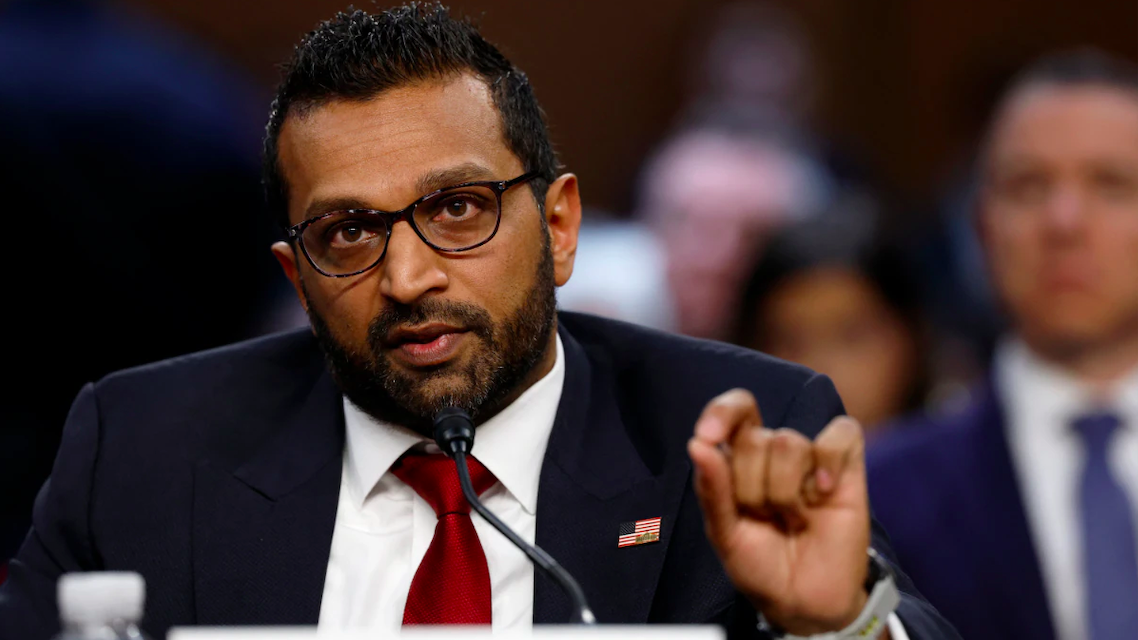Duke Lacrosse Accuser Comes Clean: “I Wanted Validation from People, Not God”
Nearly two decades after one of the most explosive false accusations in collegiate sports history, Crystal Mangum—the woman who accused three Duke University lacrosse players of rape—has publicly admitted that her story was a lie. In a recent interview, Mangum finally offered a confession that stunned those who remember the racially and politically charged scandal that derailed lives and ignited national outrage.
“I testified falsely against them by saying that they raped me when they didn’t, and that was wrong. And I betrayed the trust of a lot of other people who believed in me,” Mangum said on the web show “Let’s Talk with Kat,” hosted by Katerena DePasquale.
The interview took place at the North Carolina Correctional Institution for Women, where Mangum is serving time for a 2013 second-degree murder conviction for stabbing her boyfriend.
Mangum’s admission comes at a time when America is wrestling with issues of justice, accountability, and truth. “I wanted validation from people, not from God,” she confessed, acknowledging that her actions were not only deceptive but spiritually and morally corrupt. The damage her false claims inflicted on the accused young men and their families was immeasurable—academically, emotionally, and reputationally.
In 2006, Mangum, a stripper and escort, accused three white members of the Duke men’s lacrosse team of raping her at a team party. The story caught fire in national media, as it fed into racial and class tensions, with a black woman accusing privileged white athletes at an elite university. Protestors chanted, professors condemned, and media outlets all but declared guilt before evidence was even reviewed. But the evidence never materialized. In fact, it disintegrated.
North Carolina Attorney General Roy Cooper ultimately dropped all charges in 2007 and declared the players “innocent,” a rare step in legal proceedings. “We believe these individuals are innocent of these charges,” Cooper said plainly. Still, by then, the damage was done. The players’ lives were upended, their reputations ruined, and trust in the justice system was further eroded.
Now, with Mangum’s recent confession, the public is reminded how dangerous false accusations can be—particularly when they are elevated by a media and cultural system eager to fit narratives rather than seek truth. Mangum’s statement—that she was seeking attention and affirmation from others rather than truth from God—strikes a chord in today’s emotionally reactive and validation-seeking society.
Crystal Mangum’s case should never have moved forward in the first place. From the start, inconsistencies riddled her account. DNA tests failed to implicate any of the accused. Multiple witnesses contradicted her timeline. And yet, the prosecutor at the time, Mike Nifong, pressed on—allegedly for political gain as he sought re-election in a heavily black and Democrat-leaning district. He was later disbarred for his unethical conduct.
Mangum’s confession highlights not only her personal failings but the broader collapse of integrity across media, politics, and academia. In the rush to signal virtue and assign guilt based on identity politics, truth was sacrificed on the altar of ideology. The Duke case became a modern parable of what happens when due process is ignored and mob justice reigns.
This story is also a stark reminder that the search for personal validation can become destructive when not rooted in objective truth or biblical morality. “I didn’t care what God thought,” Mangum said. “I wanted people to see me and believe me.” That desire for attention led to catastrophic consequences for innocent men. It is a tragic example of what happens when self-centeredness replaces personal responsibility and accountability before God.
Though some may try to minimize this confession by citing past trauma or emotional instability, the core issue remains: lives were shattered by a deliberate lie. No amount of post-facto remorse can fully undo the damage. The accused players, though legally exonerated, still carry the scars of being paraded through the national spotlight as presumed rapists.
Today, Mangum is serving a prison sentence for an unrelated 2013 conviction in the stabbing death of her boyfriend, further underscoring a life pattern marked by destructive decisions. The question remains: had the media, activists, and prosecutors exercised restraint and objectivity in 2006, how different might her life—and the lives of those she falsely accused—have been?
The Duke lacrosse case should be required reading in every journalism, law, and ethics class. It serves as a sobering reminder that justice must never be based on emotional appeal or racial division. In a culture increasingly driven by narratives and social media outrage, the lesson is simple but vital: truth matters.
Conservative Christians understand this at a foundational level. Scripture teaches that false witnesses are an abomination to the Lord (Proverbs 6:16-19), and that justice must not be perverted to favor the poor or the rich (Exodus 23:3, Leviticus 19:15). Mangum’s admission, while late, is a sobering confession that proves the timelessness of God’s standards for justice and honesty.
Let this not merely be a retrospective scandal. Let it be a wake-up call. As believers, we are called to stand for truth even when it’s inconvenient or unpopular. And as citizens, we must demand that justice be blind, evidence be honored, and that no one—no matter their status, race, or gender—is presumed guilty without proof.
Crystal Mangum’s lie almost destroyed lives. Her truth—though long delayed—should now be a warning to us all.
Keywords:
Duke lacrosse scandal, Crystal Mangum confession, false rape allegation, media bias, justice system failure, conservative Christian worldview, racial politics, Mike Nifong disbarred, biblical truth, validation from God





